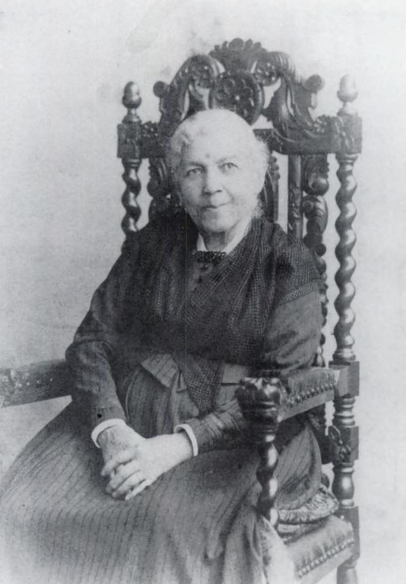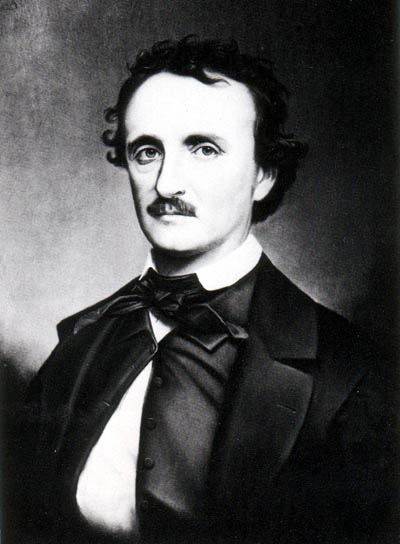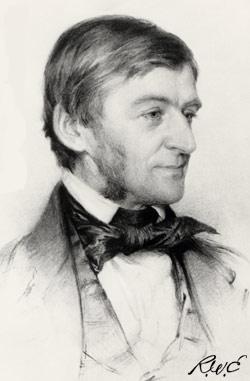
Great Minds Seminar
 |
 |
 |
 |
| Anne Bradstreet Source: Wikimedia Commons https://upload.wikimedia.org /wikipedia/commons/e/e1/ Annebradstreet.jpg |
Harriet Jacobs Source: Wikimedia Commons https://upload.wikimedia.org /wikipedia/commons/6/65/ Harriet_Ann_Jacobs1894.png |
Edgar Allan Poe Source: Wikimedia Commons https://upload.wikimedia.org /wikipedia/commons/f/fb/ Edgar_Allan_Poe_portrait_B.jpg |
Ralph Waldo Emerson Source: Wikimedia Commons https://upload.wikimedia.org/ wikipedia/commons/ 0/01/RWEmerson2.jpg |
Great Minds Seminar
We hold Great Mind Seminar during our Zoom session for three class times:
By September 13, you will sign up for, or be signed up for, the seminar you will be presenting and facilitating as a panelist. The other seminars will require your audience participation and peer engagement.
Seminar Discussion
During the seminars, panelist will have four minutes each to respond to the following question: "From your research, what do we need to know before starting our seminar?"
Next panelists will engage directly with the literature through conversation and inquiry with each other while the class listens. If more than one work is read, such as with Poe and Emerson, panelists will choose one or two works for discussion before opening the class.
Last, the panel is open to a full discussion in which we all add our insights and inquiries. Specific inquiries may be directed to the panelists.
Components
Panelists
Audience Participants
NOTE: After our first panel, we will reflect together and make some minor adjustments to this assignment, especially our Zoom session, if needed.
For all assignments, use proper MLA formatting when necessary and type using a 12 point Times New Roman font and double-spacing.
Directions for ePortfolio Page
Your page can be created on Canvas in an ePortfolio. This platform can be found in your account. Pages should be accessible and clear and not too text heavy. For reference, consider what you would put on a one-sided hard copy handout for students if our class were in person. You could include some or most of the following: background information, resources, explications, quotes, outlines, timelines, discussion questions, and images. Special note: discussion questions are so helpful for generating discussion from others.
Directions for Annotated Bibliography
Our campus librarian Doug Achterman worked with me to build a bank of outside readings to support your exploration into the author and literature. These readings can be found on our Library Research Guide for English 5A. Make an effort to divide the readings among your group, though some doubling up may occur. You must annotate one of the two readings from the bank provided. It is not required, but if you would like to find a second work on your own rather than use the bank of readings, you may and please be sure to cite the new work properly.
Annotations for the researched outside readings will include a half page summary of each reading then three quotes from each reading followed by your thoughts, insights, inquiries, and/or connections. You will end up with two summaries and six quotes with comments.
Directions for the Reflection
After the panel, you will have a chance to write up your insights. Consider the following question to help with your reflection: How did you experience preparing for the panel? How did the panel go? What surprised you? What did you learn? If you had to write a research essay on your author (you don't, just for consideration), what would you write on? What has sparked your interest? What was gained in this process? What was missing in the panel? What are your strengths and areas for growth? Your reflection does not have to be in formal essay structure.
Suggestions for Group Work
Except for Jacobs, panelists need to tell the class what to read one week prior: For Poe, everyone will be reading "The Tell-Tale Heart" and Poe panelists will also decide on some poems for us the read. For Emerson, Emerson panelists will be choosing some pages out of the essay "Nature" for us to read, as well as pages and excerpts or whole essays from other works of Emerson.
Panelists
|
Bradstreet |
Jacobs |
Poe |
Emerson |
|
|
|
|
|